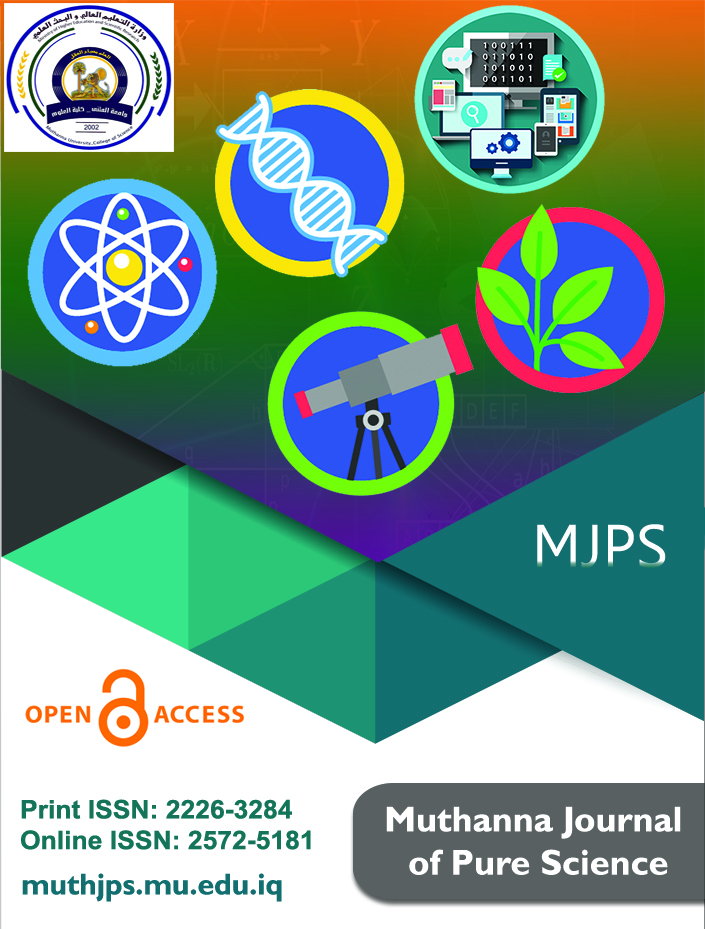AbstractKey wordsDOI
During the past decade, it has been quite successful to observe how computational topology has incorporated some of the fundamental concepts and ideas from algebraic and differential topology into applications. This fusion of theories gave birth to a new field named Topological Data Analysis (TDA), which has a significant value in various fields, ranging from computational biology to personalized medicine and dynamic data analysis. Going beyond its foundational applications, TDA has enriched and complemented classical machine and deep learning frameworks in establishing what is now known as “topological machine learning.” In this paper, we review the present landscape of this emerging field, emphasizing how it merges with machine learning algorithms such as deep neural networks. Each method confers special advantages, targeting areas like machine learning integration, network reconstruction, classification of network regimes, or reduction of noisy data. We described common methodologies, discussed current implementations, and anticipate future challenges in topological machine learning.
TDA, persistent homology, machine learning, topology, topological machine learning.
1Department of Mathematics and Computer Application, Collage of Science, Al-Muthanna University, Iraq,
1Department of Mathematics and Computer Application, Collage of Science, Al-Muthanna University, Iraq,
2Department of Computer Science, Faculty of Computers and Information, Suez University, Suez, Egypt
*Corresponding Author: suraibraheem@mu.edu.iq
Received 22 Aug. 2024, Accepted 1 Oct. 2024, published 30 Dec. 2024.
DOI: 10.52113/2/11.02.2024/44-61
Download full article

